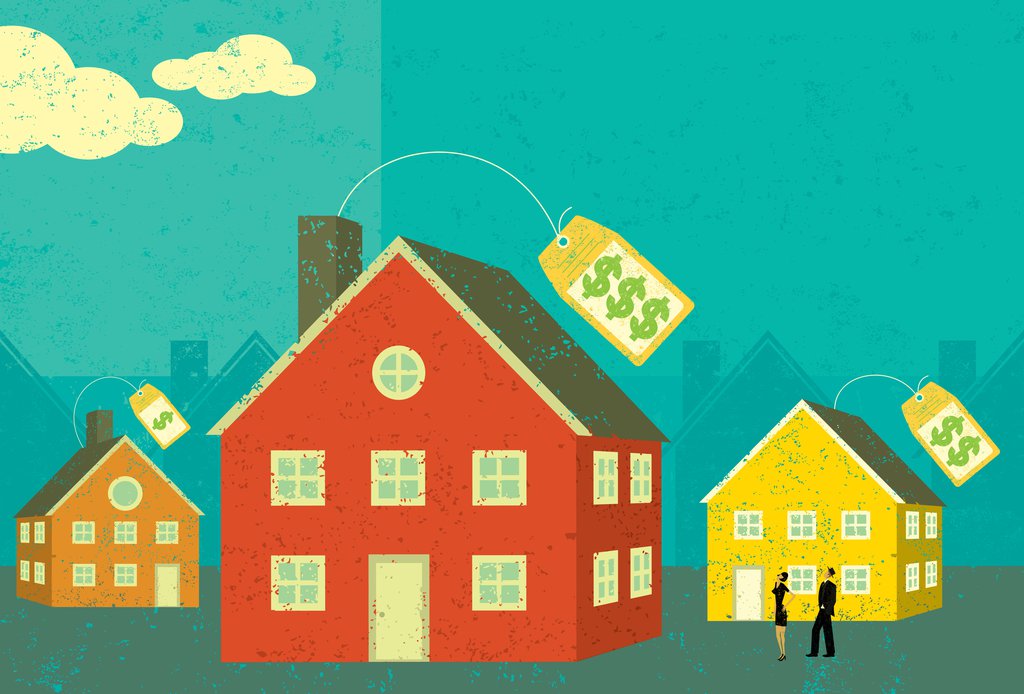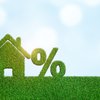What's Next for Toronto's Real Estate Market?

The surge in Toronto’s real estate market has been hot! What can we expect moving forward?
The Toronto real estate market continues to build some heat, with prices increasing over 20% year-on-year this past March. There was also a 57% increase in the number of new listings since last March, when the beginning of the pandemic led to a standstill in sales.
According to the Toronto Regional Real Estate Board, the increase in new listings has not been enough to meet such high demand, given the record-low interest rates and the strong desire for more space outside of the downtown core. As a result of market conditions, the debate on whether policymakers should get involved and try to slow down the rapid pace of the market has ramped up.
In Toronto and the Greater Toronto Area (GTA), the average selling price of a home reached $1.1 million in March, representing a 21.6% hike since the same time last year. The selling prices of detached houses outside the city in the 905 areas rose by 31.4% since last March, selling at a whopping average price of $1.3 million.
The current trend of strong price growth is likely to persist, as supply for homes fails to keep up with the pace of demand. The astronomical prices will be further exacerbated as the population growth, spurred by immigration, begins increasing again during the later part of 2021.
Affordable mortgages, combined with more people working from home, have been a substantial source of demand for larger homes outside of the city. Those moving out of the main urban centre are selling their homes in bidding wars, causing prices of homes in the city to skyrocket. With their earnings, city dwellers move out of downtown into regions outside of Toronto’s core, in turn driving up housing costs in those communities and across the market.
Demand for homes slumped in 2020 due to the unstable conditions brought on by the pandemic, but as we enter what is often a busy season for real estate, sellers will have less difficulty finding homebuyers.
In light of some recent talks, the chief economist at the Bank of Nova Scotia, among the top 3 biggest banks in the country, has urged the government not to step in. Bharat Masrani, an executive at Toronto-Dominion’s Bank, also agreed, calling for a hands-off approach from policymakers.
Executives from the Royal Bank of Canada and the Bank of Montreal, on the other hand, argue that regulators should take steps to keep the real estate market under control. They believe that a lack of intervention could completely shut out first-time homebuyers or potentially lead to a market crash in the future.
Canada Mortgage & Housing Corporation (CMHC) elevated Toronto’s risk of an abrupt fall in prices to high, contending that the quick rate of housing price appreciation is unsustainable. Toronto is one of only 5 Canadian markets to be assessed as high risk by the CMHC.
The benchmark price index, a value that assesses how prices of different types of properties change over time, has increased by 10.8% since the start of the year. This represents the most rapid price increase in Toronto home prices since the beginning of 2017. At that time, the provincial government stepped in to curb the high rate of appreciation by introducing a number of measures that included the foreign buyer tax. That same year, the mortgage stress test was also introduced by regulators to help ensure that new homebuyers could afford their mortgages in the event that interest rates were to increase in the future, while also functioning as an attempt to cool the real estate market.
Provincial policymakers, as of yet, have not suggested any government intervention in the market. However, the Office of the Superintendent of Financial Institutions (OSFI), the regulator for the Bank of Canada, has proposed potential changes to be made to the mortgage stress test level by June 1. Their proposal includes an increase in stress test rate to 5.25%, up from the current 4.79%. Such a move would bar certain borrowers from getting a mortgage through a bank or AAA institutional lender, because it would make it more difficult to qualify. If this is passed, the growth of home prices may slowdown as the number of qualified buyers would drop, in effect cooling the market.
Navigating Toronto’s competitive real estate market and mortgage market can be difficult. The professional and knowledgeable mortgage brokers at Clover Mortgage can help make it easy for you. Out mortgage brokers have access to a variety of affordable mortgages to make owning your dream home a reality. Whether you are looking to profit from today’s red hot real estate and invest in more space outside of the city, or if you are looking for help with a mortgage refinance, let our team of experienced professionals help you along the way.





